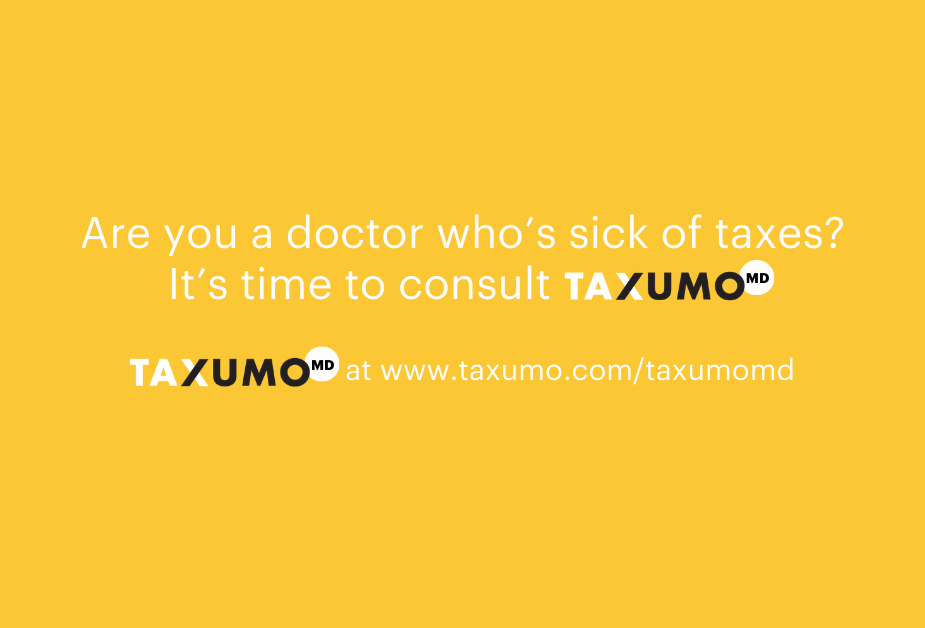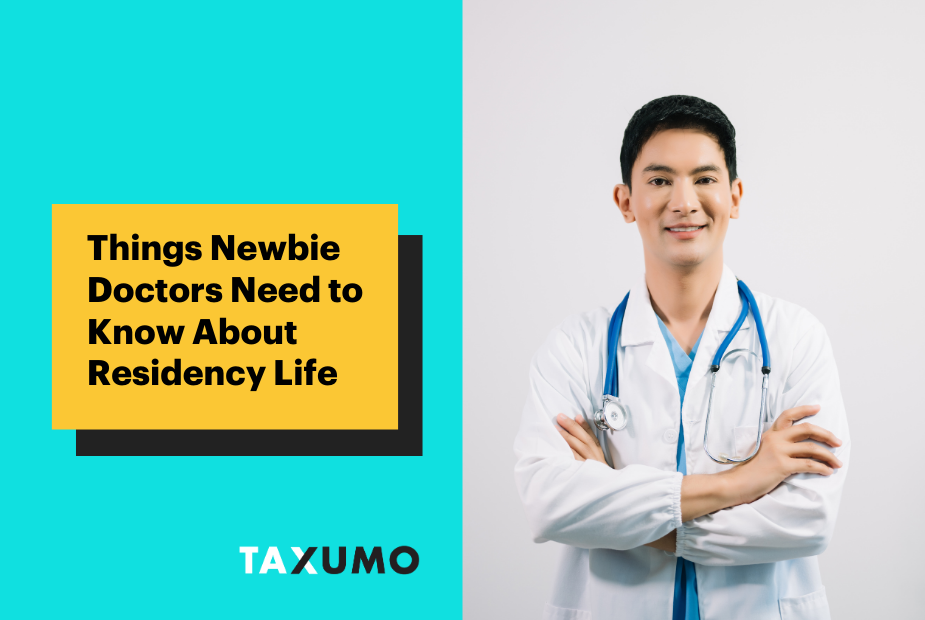What are the things newbie doctors need to know about residency life?
- Residents have to pay income tax
- You will not earn a lot right away
- You are not done studying after med school
- You must learn about taxes
When medical students are done with their internship for a year and pass the physician licensure exam, they can choose to work as a general practitioner or pursue residency for further training on a specific branch of medicine. But unlike medical school, newbie doctors will get paid while studying during their residency.
These newbie doctors know very little about being a resident. The knowledge they have about it might even be myths. Below, we will be breaking down some of these residency myths, including one about their income tax computation in the Philippines.
Myth 1: Residents don’t have to pay income tax
Different taxes, including freelance taxes, are a sore subject for a lot of new doctors. After all, they didn’t have time to study this field.
But once they get their M.D. degree and they begin earning, they will have to know more about taxes. This is because they need to submit their income tax returns (ITR). Residents, believe it or not, actually get paid income and not just a small allowance.
As a resident, your income tax will depend on how much salary you will receive. While resident salaries are generally low, there are some residents who can earn up to P40,000; anyone who is earning higher than P 20,000 is subject to ITR as stated by the TRAIN Law. Tax laws in the Philippines are subject to changes. Remain updated with the help of Taxumo MD – a tax concierge service for doctors, that can do your business registration and tax filing for you.
Myth 2: You will earn a lot right away
Even if residents are basically practicing physicians, they don’t get paid like one. Their income is typically low; it will not be enough to pay their medical expenses. Residents will only earn around P20,000 to P40,000.
The low income comes mainly because of the competition. So long as someone stays as a resident, they will continue to compete with their peers to keep their spot in a hospital. Because of the low incomes, many physicians choose to moonlight or pursue general practicing.

Myth 3: You don’t need to study after med school
For some newbie doctors, the knowledge they learned from med school and internship is not enough. One of the reasons they seek a residency is to gain more information about their field.
In addition, doctors are constantly studying because medicine is a field that is always changing. They often experience many innovations that they can apply in their practice. There is also a possibility for them to encounter a new disease that they need to know about.
Myth 4: You don’t need to know about taxes
Resident doctors need to do a lot of studying in their field that they don’t have time to learn about other things, such as their finances. It is not uncommon to see financially unprepared doctors. However, they are most especially unknowledgeable about handling their taxes. They have little to no information about BIR forms, filing, and other tax-related matters.
Those who are resident doctors only have to concern themselves with their income tax return. However, if they are planning on opening their own medical practice someday, then they should start learning more. A medical practice, at the end of the day, is another form of business. All businesses need to be registered with the Bureau of Revenues and their owners must pay business and freelance taxes, which include:
- Income tax return
- VAT (value-added tax)
- Excise tax
- Percentage tax
Doctors, who have their own medical practice, will either pay VAT or percentage tax. Those who earn P1.9 – P3 million are required to pay VAT, while those earning less are required to apply for percentage tax. VAT is indirect, meaning it should be added to the prices of the goods and services. On the other hand, percentage tax is derived from the income.
Lastly, excise tax is only applicable to doctors who do invasive cosmetic surgical procedures meant to alter or improve the appearance of their patients. These doctors will pay around 5% of their gross receipts of services done. If you want to specialize in plastic surgery through residency, then you have to be prepared to do excise tax computations in the Philippines for your future procedures.
Key Takeaway
Newbie doctors may have a physician license, but they still do not know a lot about what goes in the life of a resident. For those who are doing their residency right now, it is important that you continue learning—not just about the field of medicine, but also about taxes and finances.
